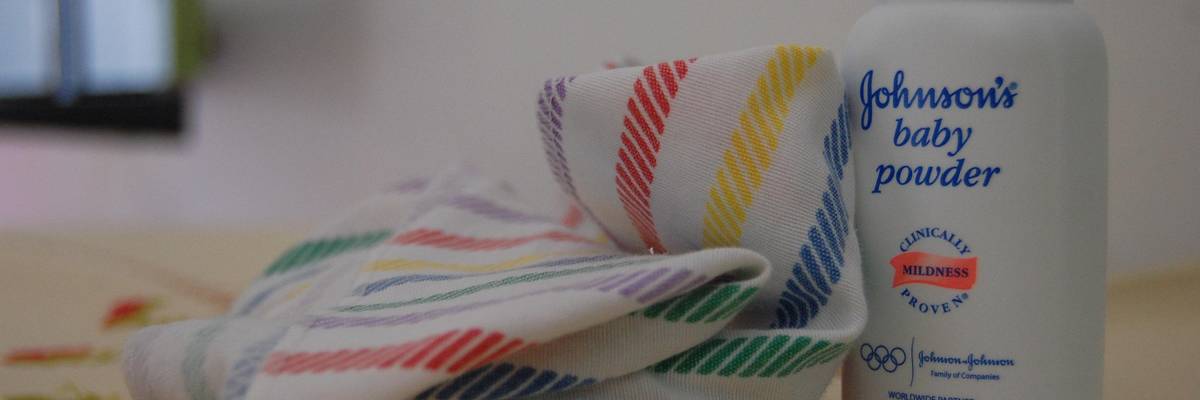Sen.
Elizabeth Warren on Friday expressed outrage after pharmaceutical giant Johnson & Johnson announced its subsidiary--created to manage tens of thousands of legal cases alleging the company knew its talc-based products could cause cancer--was filing for Chapter 11 bankruptcy protection.
Like members of the
Sackler family, USA Gymnastics, and other corporations, the Massachusetts Democrat said, Johnson & Johnson is attempting to "shield its assets and evade liability" as it faces lawsuits.
"Here we go again," tweeted Warren. "Another giant corporation is abusing our bankruptcy system."
In July, Warren and several other Democrats in the Senate and House
introduced the Nondebtor Release Prohibition Act of 2021, which would eliminate the "loophole in bankruptcy law" that allows companies to coerce victims into releasing their claims against them through non-debtor releases or non-consensual third-party releases.
Johnson & Johnson's recently created subsidiary, LTL Management, is filing for Chapter 11 protection, which can stop legal proceedings from moving forward.
The company--which continues to claim its products are safe despite a 2018
Reuters investigation which
showed the company knew its products, including its widely-used baby powder, contained the carcinogen asbestos--said it planned to create a $2 billion trust for LTL Management to provide settlement payments for plaintiffs, and that it hopes to resolve claims "in a manner that is equitable to all parties."
"Another giant corporation is abusing our bankruptcy system."
Andy Birchfield, a lawyer for Beasley Allen Law Firm, which has been involved in litigation against Johnson & Johnson, called the filing "another example of the wealthy and powerful using bankruptcy as a hiding place to protect their profits and avoid responsibility."
"The entire nation, Congress and more than 30,000 victims of J.&J.'s dangerous talc product say 'no' to this flagrant and fraudulent abuse of the bankruptcy system," Birchfield
told the
New York Times. "J.&J. can run, but it can't hide."
Among the tens of thousands of lawsuits Johnson & Johnson faces, the National Council of Negro Women
filed a complaint in July accusing the company of decades of "knowingly deceptive marketing to Black women."
The legal filing cited internal Johnson & Johnson documents regarding a 2010 ad campaign that targeted "curvy Southern women [ages] 18-49 skewing African American," and noted that the company provided free samples at beauty salons despite internal knowledge that talc can be contaminated by asbestos during the mining process.
Cases against the company allege that the use of its products led customers to develop cancers including mesothelioma and ovarian cancer.
The bankruptcy filing comes four months after a Missouri appeals court ordered Johnson & Johnson to pay more than $2 billion to women who said their ovarian cancers were caused by the company's talcum products.
Considering the company "had a $472 billion market cap as of August of this year," said Joseph Slatterley, another lawyer currently working on a case against Johnson & Johnson, the bankruptcy filing was "laughable."
"Their decision to file this amounts to corporate fraud at its worst," Slatterley told Bloomberg. "There's no way this litigation presents a material threat to this company."
While Chapter 11 bankruptcy "is there to help companies in trouble,"
said Warren in July after introducing the Nondebtor Release Prohibition Act, "rich people in giant corporations have figured out how to game the system."
"That's wrong," the senator said. "And this law would stop that."




